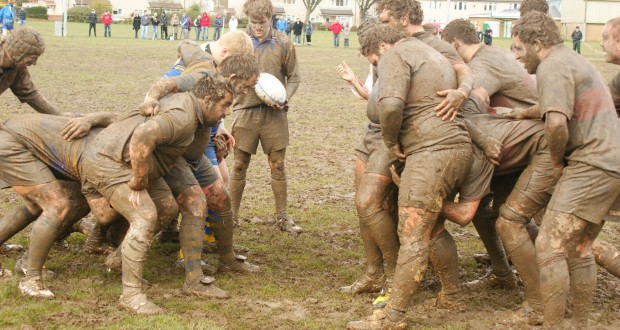In his quest to create richer more meaningful experiences for our children in school, Alfie Kohn offers a dozen practical guidelines as a conversation starter with teachers, parents and students in place of the misguided policies currently being promoted as edreform:
- Learning should be organized around problems, projects, and (students’) questions – not around lists of facts or skills, or separate disciplines.
- Thinking is messy; deep thinking is really messy. Therefore beware prescriptive standards and outcomes that are too specific and orderly.
- The primary criterion for what we do in schools: How will this affect kids’ interest in the topic (and their excitement about learning more generally)?
- If students are “off task,” the problem may be with the task, not with the kids.
- In outstanding classrooms, teachers do more listening than talking, and students do more talking than listening. Terrific teachers often have teeth marks on their tongues.
- Children learn how to make good decisions by making decisions, not by following directions.
- When we aren’t sure how to solve a problem relating to curriculum, pedagogy, or classroom conflict, the best response is often to ask the kids.
- The more focused we are on kids’ “behaviors,” the more we end up missing the kids themselves – along with the needs, motives, and reasons that underlie their actions.
- If students are rewarded or praised for doing something (e.g., reading, solving problems, being kind), they’ll likely lose interest in whatever they had to do to get the reward.
- The more that students are led to focus on how well they’re doing in school, the less engaged they’ll tend to be with what they’re doing in school.
- All learning can be assessed, but the most important kinds of learning are very difficult to measure – and the quality of that learning may diminish if we try to reduce it to numbers.
- Standardized tests assess the proficiencies that matter least. Such tests serve mostly to make unimpressive forms of instruction appear successful.
 Hannah Emmanuele
Hannah Emmanuele


